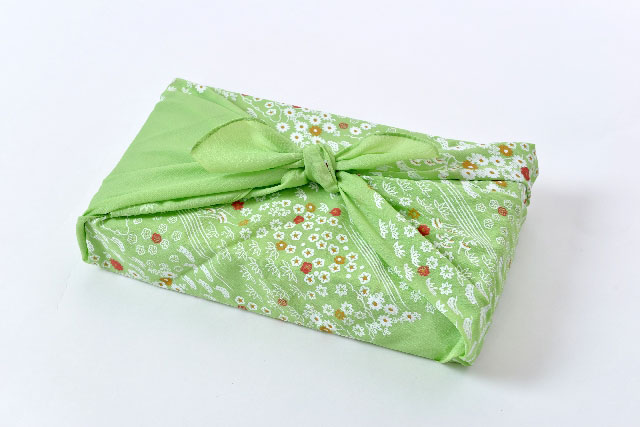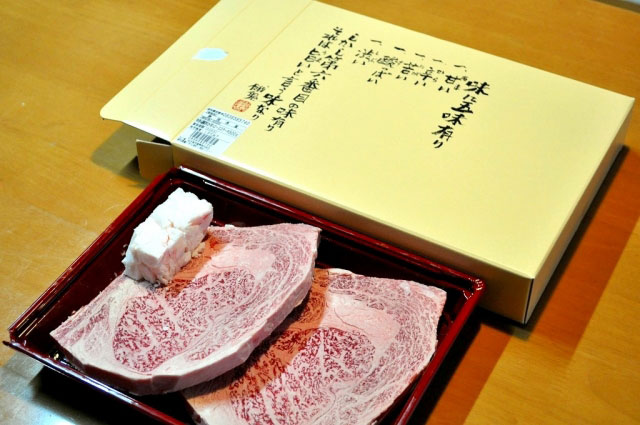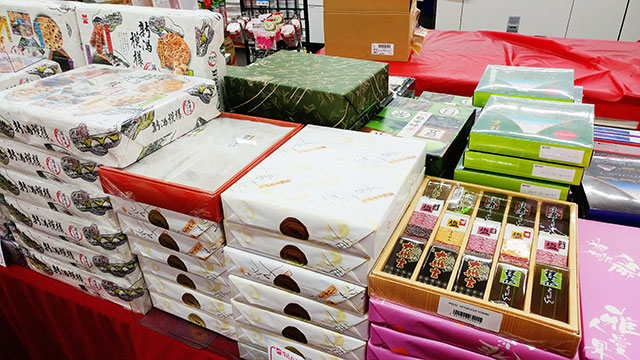
The spirit of cooperation and coexistence permeates Japanese culture in so many ways, from washoku to coexistence with nature to how relationships are nurtured.
Giving gifts is a long-standing tradition among the Japanese, especially at the end of the year with the tradition of oseibo.
Oseibo is the custom to show goodwill and gratitude to those who have contributed to one’s life, such as to relatives, bosses, or caretakers. Oseibo gifts are often items that the recipient uses every day, such as condiments, cooking oils and sauces, detergents and cleaners, as well as specialty items like alcoholic beverages, gourmet sausages and seafood. Gift certificates also make popular gifts. Oseibo gifts never go to waste, as the items are always useful!

Department stores frequently setup special sections for oseibo gifts, with the monetary value of gift options ranging from 2000-5000 yen, or 20-50 US dollars. Once an oseibo gift has been selected, how it is packaged and presented is just as important as what it contains. Each gift is packaged nicely and wrapped in special decorative paper labeled with language specifically denoting that it is an oseibo gift. The gifts are either delivered by the store or online retailer or given in-person following the Japanese tradition of giving and receiving with two hands.
Oseibo traces its roots to the Japanese custom to pray for one’s ancestors’ spirits during obon in July and on New Year’s Day. During these times, neighbors and relatives used to exchange the offerings. This tradition turned into gift giving, once in the summer (ochugen) and once at the end of the year (oseibo). Today, oseibo is practiced as a custom to show formal respect and gratitude.

Because oseibo gifts are practical as well as pleasing, recipients always find creative ways to incorporate their gifts into their lives, especially when the gifts are of food items or beverages. An oseibo gift of whiskey or brandy turns into a lovely hot toddy during the cold winter months. A gift of smoked seafood turns into a lovely terrine de poisson or seafood jeon. And gifts of gourmet meats and sauces can be used for barbequing and stir-frying teppanyaki.
What do you think would make a nice oseibo gift? And if you receive an oseibo gift, what do you plan to make with it? Let us know in the comments below, and from Zojirushi to you, we hope you have a great end of year!
Leave a Reply